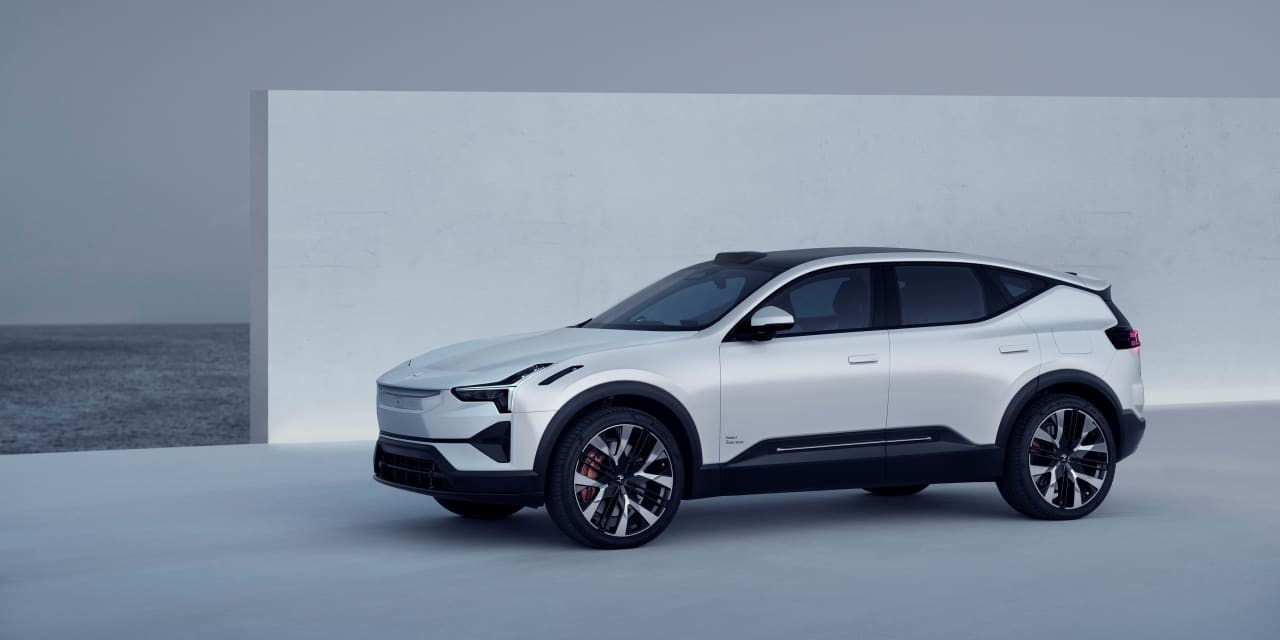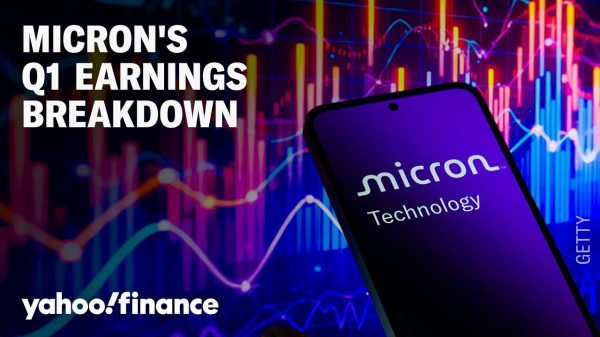A potential capital raise from Swedish electric-vehicle maker
Polestar Automotive
has its American depositary receipts sliding. That says more about Polestar investors than about the company.
Polestar (ticker: PSNY) showed its intention to raise $1 billion. That isn’t a shock. Still, the hint of new capital is pushing down shares sharply.
Tuesday evening, Polestar filed a “shelf” registration with the Securities and Exchange Commission. There are no immediate plans to sell shares or raise debt. A shelf registration gives the company the option to sell securities by registering them ahead of time. A company has securities “on the shelf” ready to sell when the time is right. It isn’t a great name.
The filing isn’t unusual. The stock reaction shows how skittish investors have become over EV start-ups’ need to raise additional money.
Shelf registrations are a part of managing a publicly traded business. Still, Polestar ADRs are down 7.2% in premarket trading while
S&P 500
and
Nasdaq Composite
futures were up 0.2% and 0.3%, respectively.
Rivian Automotive
(RIVN) stock dropped about 23% on Oct. 5 after announcing plans to sell $1.5 billion in convertible notes. Everyone knows or should know, that Rivian will need more capital to build its business. Wall Street doesn’t project positive cash flow for most of this decade. Still, investors and Wall Street reacted harshly with reasons given ranging from the timing was poor to the raise was a surprise.
UBS analyst Joe Spak used the dip to upgrade Rivian shares to Buy from Hold. He wasn’t surprised by the raise.
The Rivian and Polestar drops say more about investor sentiment than it does about either company. Sentiment is weak. Polestar ADRs, coming into Wednesday trading, has dropped 39% in the past three months. Rivian shares are down 21% over that span.
Lucid Group
(LCID) shares are down 33%.
It isn’t easy to be an EV start-up, needing cash. Wall Street doesn’t project positive free cash flow for Polestar until 2028 at the earliest, according to FactSet. That isn’t a reliable estimate either. There is only one brokerage estimate for 2028 in FactSet. Most analysts projected two or three years into the future.
Polestar and Rivian both have to compete with
Tesla
(TSLA), which boasts strong profit margins, and positive free cash flow. Traditional auto makers such as
Ford Motor
(F) don’t make profits selling EVs yet, but they make billions selling gasoline-powered cars.
Polestar delivered 13,900 vehicles in the third quarter, and says it’s on track to sell as many as 70,000 this year.
Write to Brian Swint at [email protected] and Al Root at [email protected]
Read the full article here











